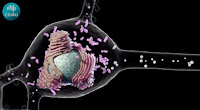
Incredible Alzheimer’s Plaque Animation
BRILLIANT ANIMATED VIDEO: Plaque is the prime suspect behind Alzheimer’s. What is it? Where does it come from? How does it do its damage? See

BRILLIANT ANIMATED VIDEO: Plaque is the prime suspect behind Alzheimer’s. What is it? Where does it come from? How does it do its damage? See
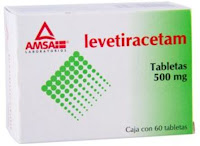
DRUG RESEARCH VIDEO + ARTICLE: This FDA-approved anti-epileptic medication benefits Alzheimer’s in the lab. Learn about the promising research.
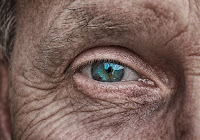
DIAGNOSIS VIDEO + ARTICLE: A project to screen of Alzheimer’s in community settings involves collaboration between optometry professionals and an Alzheimer’s advocacy organization in Toronto,
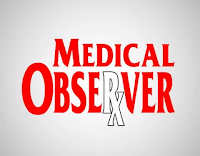
VIDEO: “Medical Observer” debunks 5 myths about Alzheimer’s. Get the helpful facts.
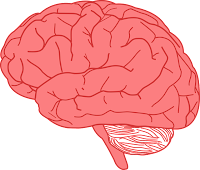
DIAGNOSING DEMENTIA: Find out how people diagnosed with Alzheimer’s may lack Alzheimer’s plaques and actually have P.A.R.T. Dementia. (That is, Primary Age-Related Tauopathy, or PART

HEALTH ARTICLE, 25-POINT CHECKLIST: MEND is UCLA’s 25-step personalized program to reverse memory loss. Nine of 10 participants displayed significant memory improvements. Learn how. Includes

DIAGNOSIS ARTICLE + VIDEO: The family of major league soccer player Scott Vermillion is speaking out about his posthumous diagnosis of CTE Dementia (chronic traumatic

DIET VIDEO: Blueberries can significantly improve cognitive performance within hours of consumption. How solid is the science?
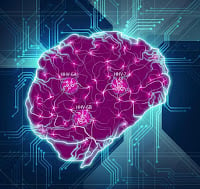
PROGRESS VIDEO + ARTICLE: American researchers found ‘unusually high‘ levels of two human herpes virus strains in brains of people with Alzheimer’s. This opens a

WSJ VIDEO: What’s the connection between music and memory? Music and Memory Founder Dan Cohen joins Lunch Break with Tanya Rivero to discuss how songs
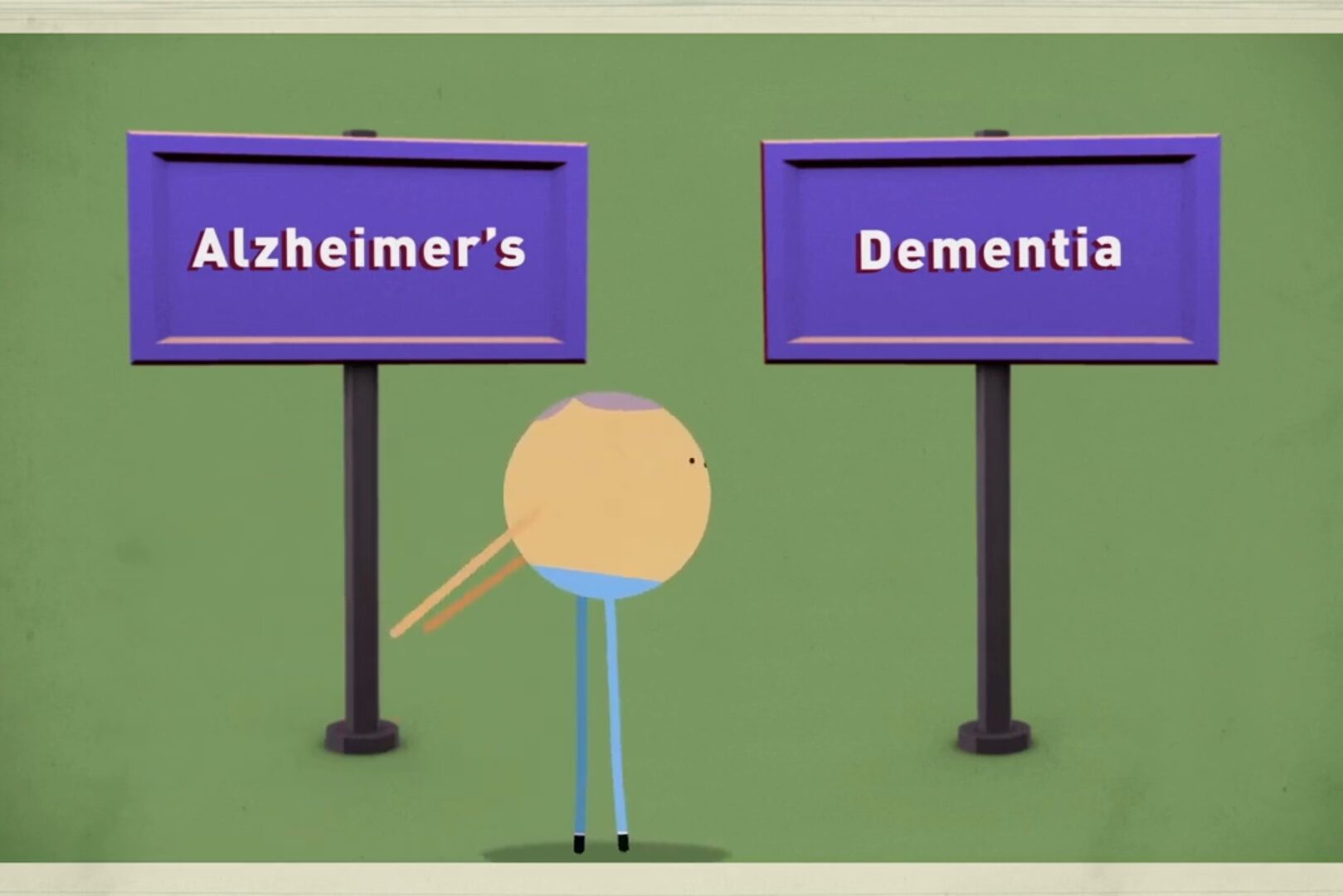
UNDERSTANDING DEMENTIA – VIDEO & TRANSCRIPT:
If you have been confused by the terms “dementia” and “Alzheimer’s”, or mistakenly thought that they were the same thing, watch this film. Knowing the difference can be essential.
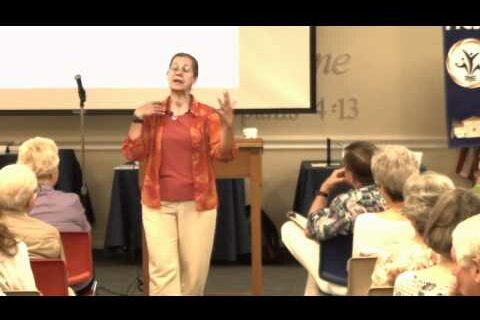
EYE-OPENING TEEPA-CARE VIDEO:
Teepa Snow shows how to “say it right” – and not dish out upsetting words – to people with dementia. Get great tips from a well-known expert in this brilliant presentation.

MEDICATION VIDEO + ARTICLE: From allergies to moods, most of us get relief from drugs known as “anticholinergics”. Some raise dementia risk, some don’t. Do we always need them? A study of 300,000 people offers answers to help you and your doctor better weigh the risks and benefits.

SHORT-TERM MEMORY lapses are obvious signs of Alzheimer’s, but other tell-tale signals begin to show much earlier. Learn how to look for semantic impairments, such as simple questions about size.

Three important dementia studies focus on HS-AGING, a type of dementia almost as common as Alzheimer’s in the 85+ group. Yet few people have heard of it. Why? What makes it different?

An intriguing study of 120 grandmothers might surprise you. Doctors know socially engaged people have better cognition and less dementia. But can a person get too much of a good thing? What’s the right balance?

Enjoy this great duet between a musician with dementia and his son. A triumph of spirit over Alzheimer’s! Sing-a-long if you like!
No spam, only news and updates.


